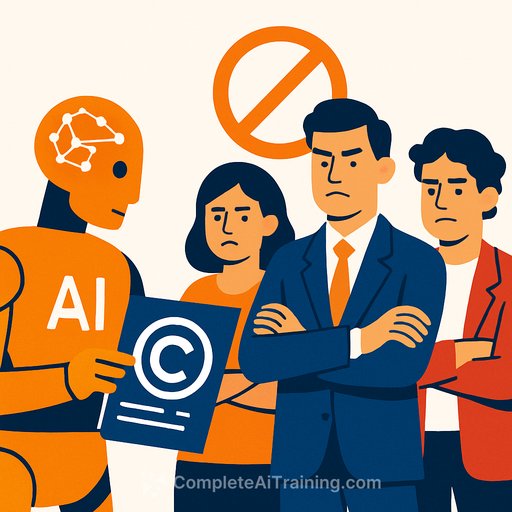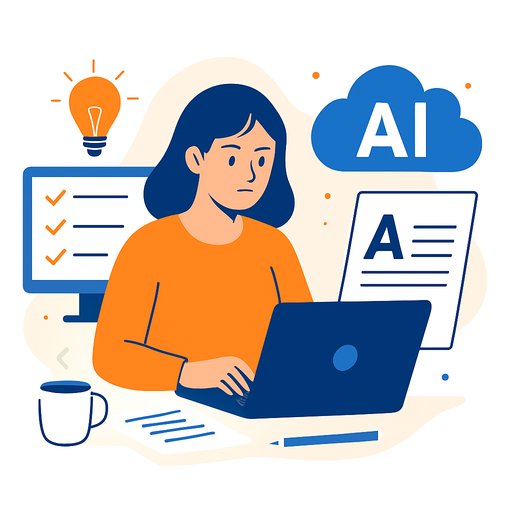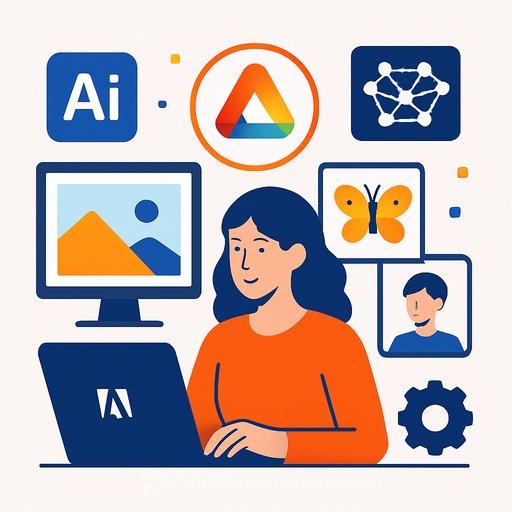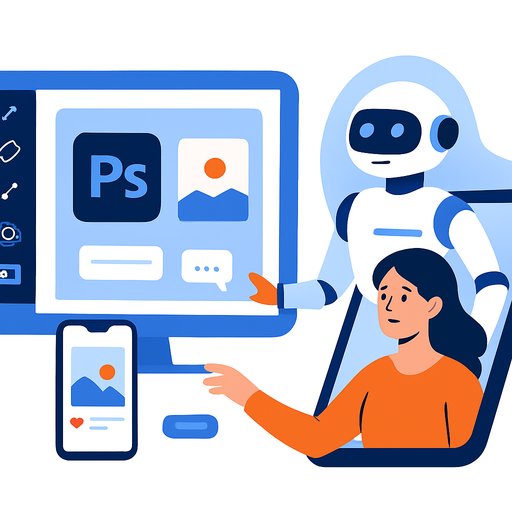Dispute Over AI Training Payments Divides Australian Creative Sector
The Australian Council of Trade Unions (ACTU) recently announced what it called a “breakthrough” agreement with tech companies on compensating creatives for the use of their work in training AI models. However, this claim has met strong resistance from peak bodies representing artists, writers, and other creative professionals.
ACTU Pushes for Payment Model Amid AI Content Use
At a recent economic reform roundtable, ACTU Secretary Sally McManus said discussions with the Tech Council focused on paying creatives, journalists, and academics for the use of their data and creative output. She highlighted how tech companies are rapidly using content to train large language models without adequate compensation.
“People whose livelihoods depend on their creative output deserve not to have that stolen from them,” McManus emphasized. She welcomed the Tech Council’s willingness to engage but acknowledged that the details of any agreement were still to be worked out.
Tech Sector Cautious About Commitments
Damian Kassagbi, CEO of the Tech Council, downplayed the significance of the talks. He expressed hope for a balanced approach that allows AI training in Australia while protecting creators, but stressed that no firm agreement has been reached.
Kassagbi also pointed out that technologies like Spotify have already generated substantial royalties for artists, implying that tech and creative industries have a history of mutual benefit. When asked about direct compensation for AI training data, he replied it was “too early to answer that question.”
Creative Industry Bodies Reject Loosening Copyright Laws
Industry groups representing creative professionals strongly oppose any dilution of existing copyright protections. Annabelle Heard, CEO of the Australian Recording Industry Association, rejected the notion of an “agreement” and insisted tech companies must comply with current copyright laws.
She criticized proposals that would grant AI firms exceptions to fair use rules for mining original Australian content. Heard questioned how an agreement could be reached without copyright holders actively involved in the discussions.
Similarly, the Australian Society of Authors and the Copyright Agency issued a joint statement asserting that responsible AI development must occur within copyright boundaries. They called for innovation to rely on licensed access rather than unauthorized use of copyright materials.
News Corp Australia Supports Current Copyright Framework
A spokesperson for News Corp Australia reinforced the position that the existing copyright act provides a strong framework requiring no changes. This stance underscores ongoing concerns among creative professionals about protecting their work in the face of AI technologies.
What This Means for Creatives
If you’re a creative professional, these developments highlight an unsettled environment regarding AI training and content use. While unions push for compensation models, tech firms remain noncommittal, and creative bodies defend current copyright protections.
Staying informed and engaged with these debates is crucial. Understanding your rights and how copyright law applies to AI training can help you safeguard your creative work. For those interested in how AI tools interact with creative industries, exploring targeted AI courses might be valuable. Resources like Complete AI Training’s courses for creative professionals offer practical insights.
Key Takeaways
- The ACTU claims progress on a payment model for AI training content, but details remain vague.
- Tech companies acknowledge the issue but have not agreed on compensation mechanisms.
- Creative peak bodies reject proposals weakening copyright protections.
- Current copyright laws remain the main defense for creators against unauthorized AI use.
Creatives should watch this situation closely as it evolves, ensuring their rights and livelihoods are protected in an AI-driven environment.
Your membership also unlocks:





